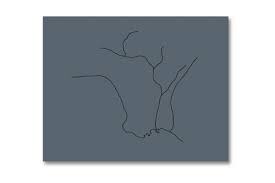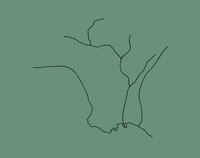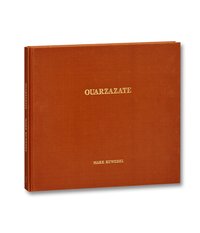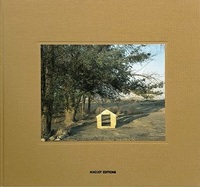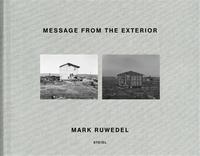Nous utilisons des cookies pour améliorer votre expérience. Pour nous conformer à la nouvelle directive sur la vie privée, nous devons demander votre consentement à l’utilisation de ces cookies. En savoir plus.
RIVERS RUN THROUGH IT
EAN : 9781915743145
Édition papier
EAN : 9781915743145
Paru le : 17 juil. 2023
50,00 €
47,39 €
Disponible
Pour connaître votre prix et commander, identifiez-vous
Notre engagement qualité
-
 Livraison gratuite
Livraison gratuite
en France sans minimum
de commande -
 Manquants maintenus
Manquants maintenus
en commande
automatiquement -
 Un interlocuteur
Un interlocuteur
unique pour toutes
vos commandes -
 Toutes les licences
Toutes les licences
numériques du marché
au tarif éditeur -
 Assistance téléphonique
Assistance téléphonique
personalisée sur le
numérique -
 Service client
Service client
Du Lundi au vendredi
de 9h à 18h
- EAN13 : 9781915743145
- Date Parution : 17 juil. 2023
- Disponibilite : Disponible
- Barème de remise : NS
- Nombre de pages : 136
- Format : 0.00 x 24.00 x 30.00 cm
- Poids : 1kg
- Résumé : For the past decade, photographer Mark Ruwedel has been compiling an epic photographic account of the natural environment of his home city of Los Angeles. From the stark Californian coast to the vast expanses of the interior – many of which have been further lain bare by wildfires – Ruwedel tracks a unique ecology in constant, if subtle, dialogue with the human life that surrounds it: one where wildness is designed, contested, permitted, or resisted to varying degrees of success. In this first of four volumes, Ruwedel follows the Los Angeles River from Big Tujunga Wash to the Pacific Ocean. Using patient, forensic large- and medium-format photography in black and white, Ruwedel recalls the legacy of nineteenth-century photographer-cartographers such as Carleton Watkins and Timothy O’Sullivan, as well as land artists and New Topographics photographers of the 1970s, while forging his own elucidating relationship with the landscape. The series title Landscapes of Four Ecologies recalls architectural critic Reyner Baynam classic study Los Angeles: The Architecture of Four Ecologies, which describes the city as ‘one of the ecological wonders of the modern world’. The scale of this four-part project, Ruwedel’s most ambitious to date, is an artistic statement in itself: ‘When I say epic,’ he explains, ‘I am thinking of a project that is too large, which has porous boundaries, which is almost out of control.’

